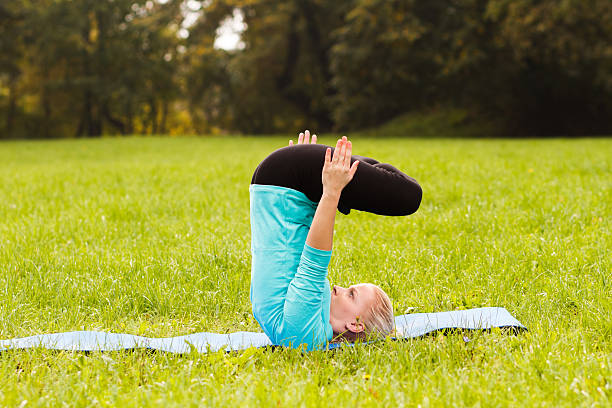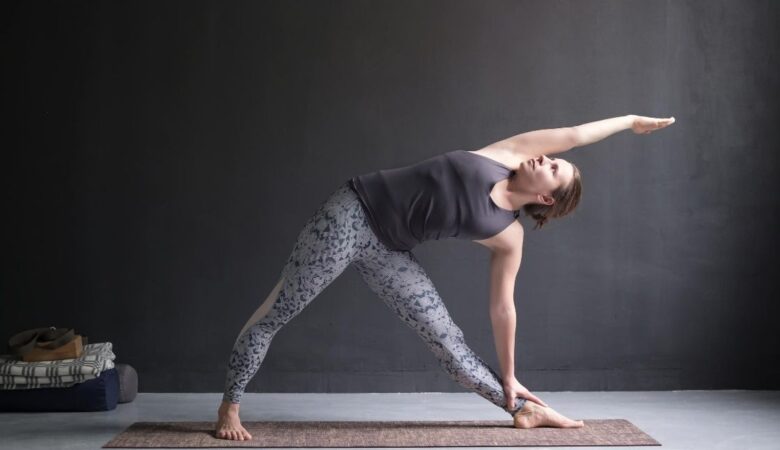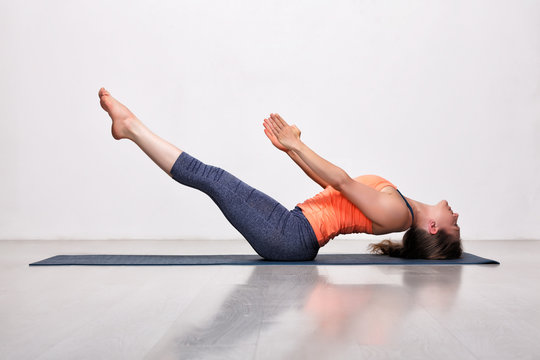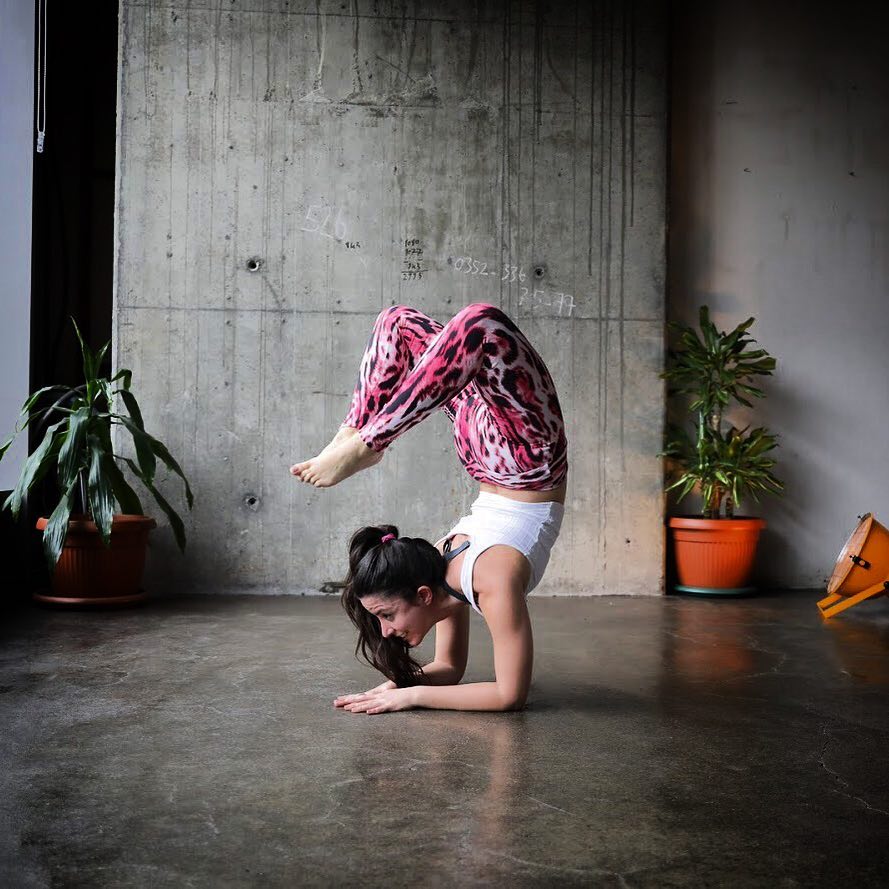
Sanskrit Name: Vrschikasana (वृश्चिकासन)
English Name: Scorpion Pose
Type of Yoga: Ashtanga Yoga
Level of Yoga: Advanced / Intermediate
Duration: 30 to 60 seconds
Target Area: Vertebral column, Neck, Hip
Strengthens: Arms, Shoulders, Back, Rectus abdominal muscles
Vrschikasana is an advanced yoga pose. In English, it is also called “Scorpion Pose”. To practice, this asana requires deep balance, strength, and perseverance. You must have healthy and strong shoulders and strong forearm balance to practice this asana. I am now going to provide complete information about Vrschikasana (Scorpion Pose), which will prove to be suitable for you.
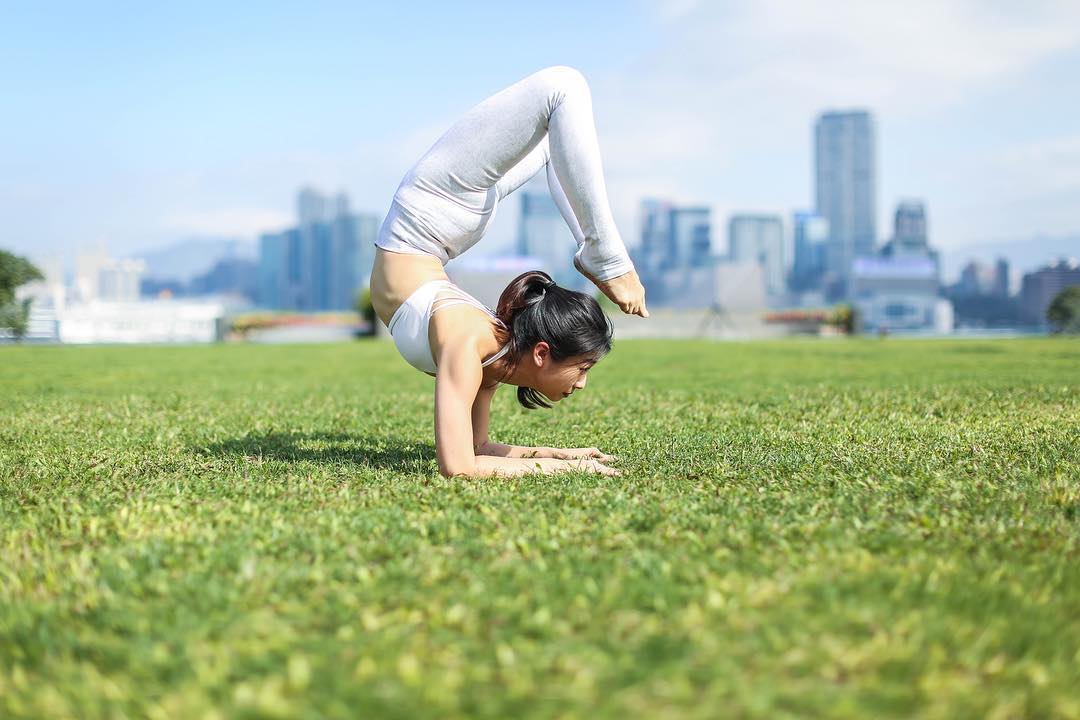
Table of Contents
What Does It Mean By Vrschikasana (Scorpion Pose)?
The word Vrschikasana has come from two Sanskrit language words.
The first word is “Vrschik (वृश्चिक)”, which means “Scorpion” and
The second word is “Asana (आसन)”, which means “Yoga Pose”
Preparatory poses of Vrschikasana (Scorpion Pose):
- Shirshasana (शीर्षासन) or Headstand Pose
- Bhujangasana (भुजंगासन) or Cobra Pose
- Adho Mukha Vrikshasana (अधो मुखा वृक्षासन) or Handstand Pose
- Pincha Mayurasana (अर्ध पिंच मयूरासन) or Feathered Peacock Pose
- Sarvangasana (सर्वांगासन) or Shoulderstand Pose
- Urdhva Dhanurasana/Chakrasana (ऊर्ध्व धनुरासन/चक्रासन) or Upward Facing Bow Pose
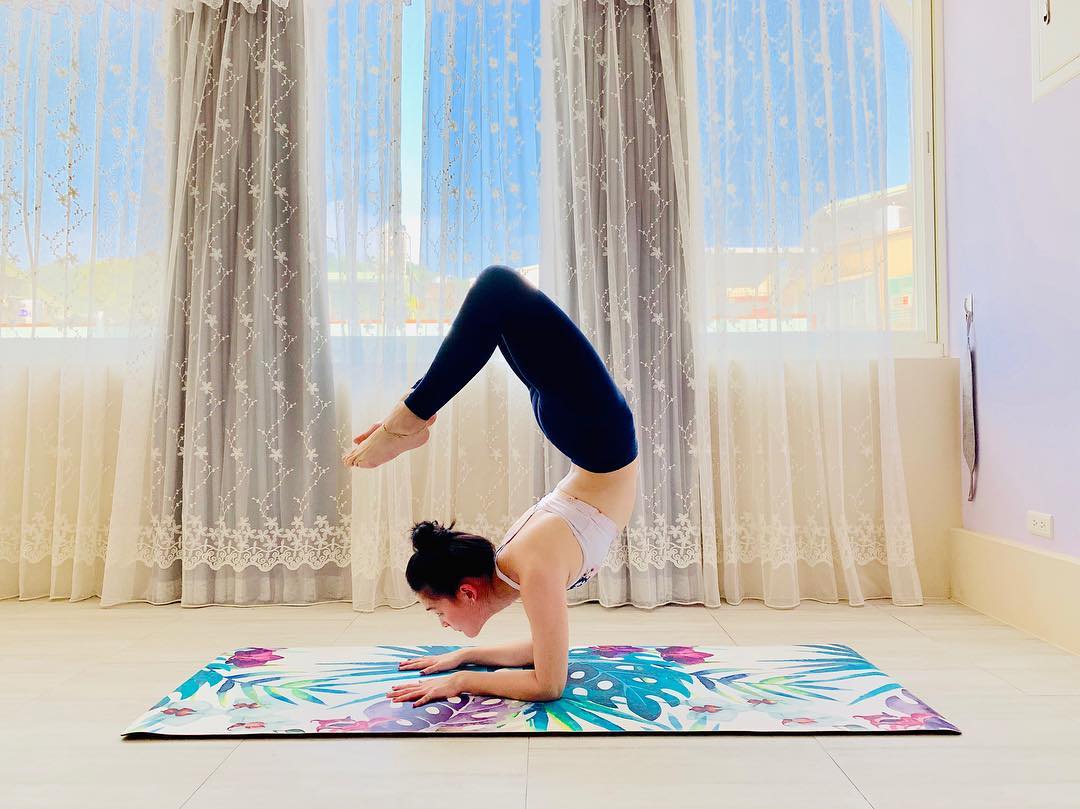
Method of doing Vrschikasana (Scorpion Pose):
- At first, sit on a yoga mat on the ground
- Sit in a kneeling position
- Now place your forearms on the floor and make sure your elbows are at your shoulders’ distance apart (your forearms should be parallel to each other)
- Then lift your hips upward
- Walk towards the elbows, as much as you can
- Then, lightly lift both your legs off the floor
- Bring your both legs as well as your feet together and make sure the toes are pointed at the outer side
- Now bending your knees, move the toes toward the head when you stretch the chest forward through the arms
- Then hold on to this posture for as long as possible but do not exceed 90 minutes
- To leave the asana simply get back to your previous position by taking down your legs slowly.
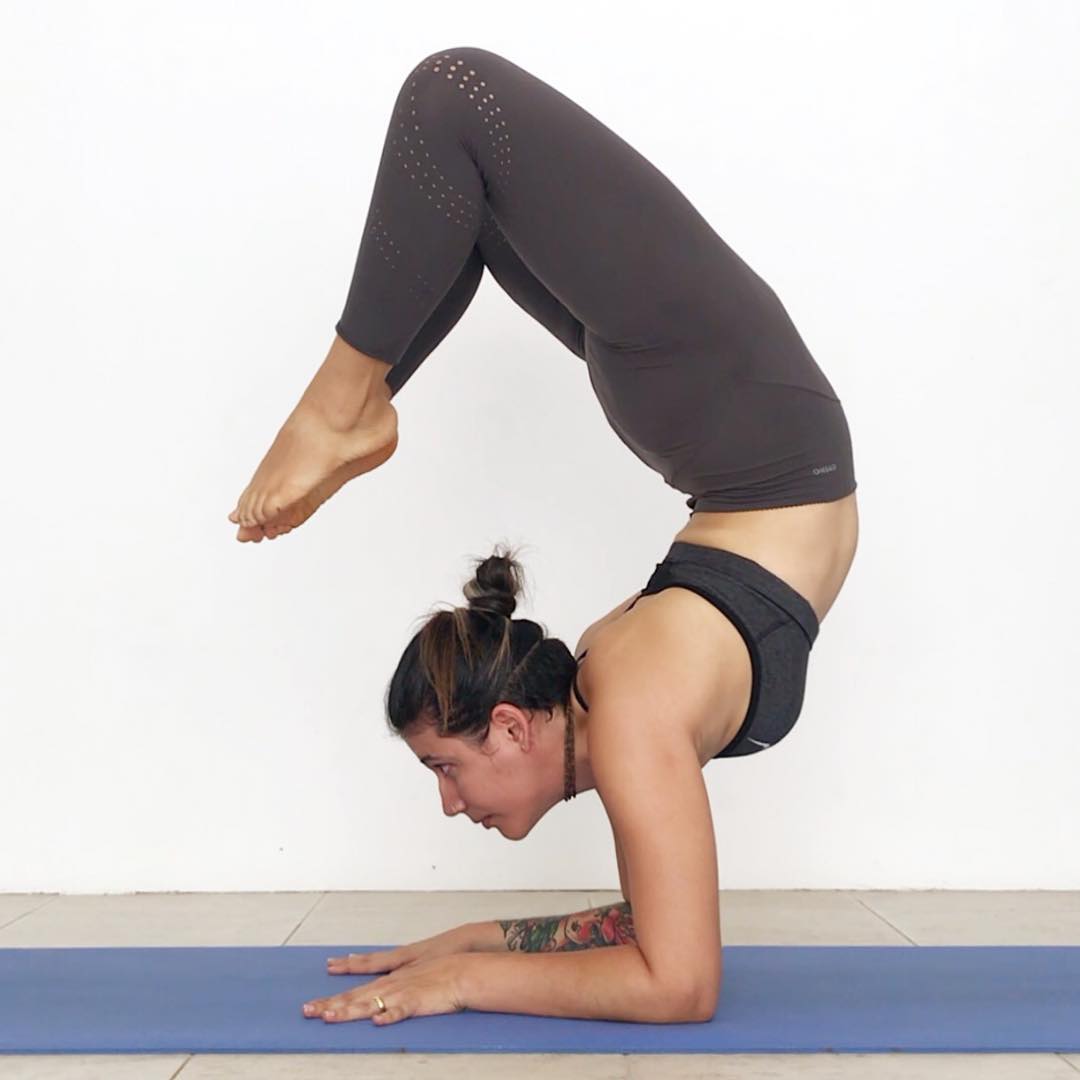
Beginner’s Tips:
This asana can be practiced only when you are able to balance your body. Therefore, before starting the practice of Vrschikasana, you practice Shirshasana first.
In case you are a beginner then you can take the support of a wall
To avoid injury while practicing you can keep a soft blanket under your arms
If it appears very difficult to practice then you seek yoga teacher’s help to practice this asana.
Follow-up Poses of Vrschikasana (Scorpion Pose):
- Adho Mukha Svanasana (अधोमुख श्वान आसन ) or downward-facing dog pose
- Ustrasana (उष्ट्रासन) or Camel Pose
- Ardha Pincha Mayurasana (अर्ध पिंचा मयूरासन) or Dolphin Pose
NOTE:
If you practice for the first time then do it under the supervision of a qualified guru or specialist. Who can tell you whether you are physically and mentally ready for this posture
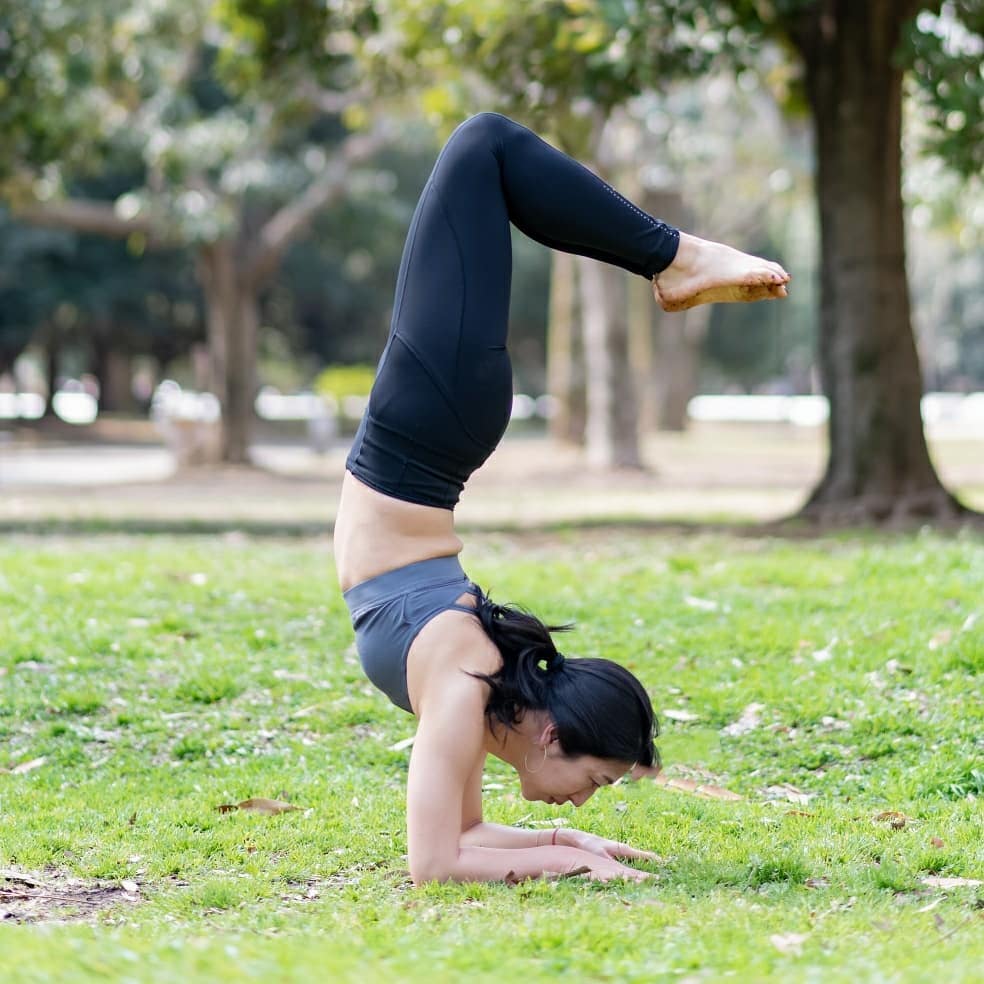
Precautions of Vrschikasana (Scorpion Pose):
If you are suffering from severe heart disease then you should not practice Vrschikasana (Scorpion Pose)
During menstruation or pregnancy do not practice Vrschikasana (Scorpion Pose)
Individuals who are suffering from shoulder, buttocks, thigh, spinal cord, waist injury should avoid practicing Vrschikasana
Those with severe hypertension problems should not practice it
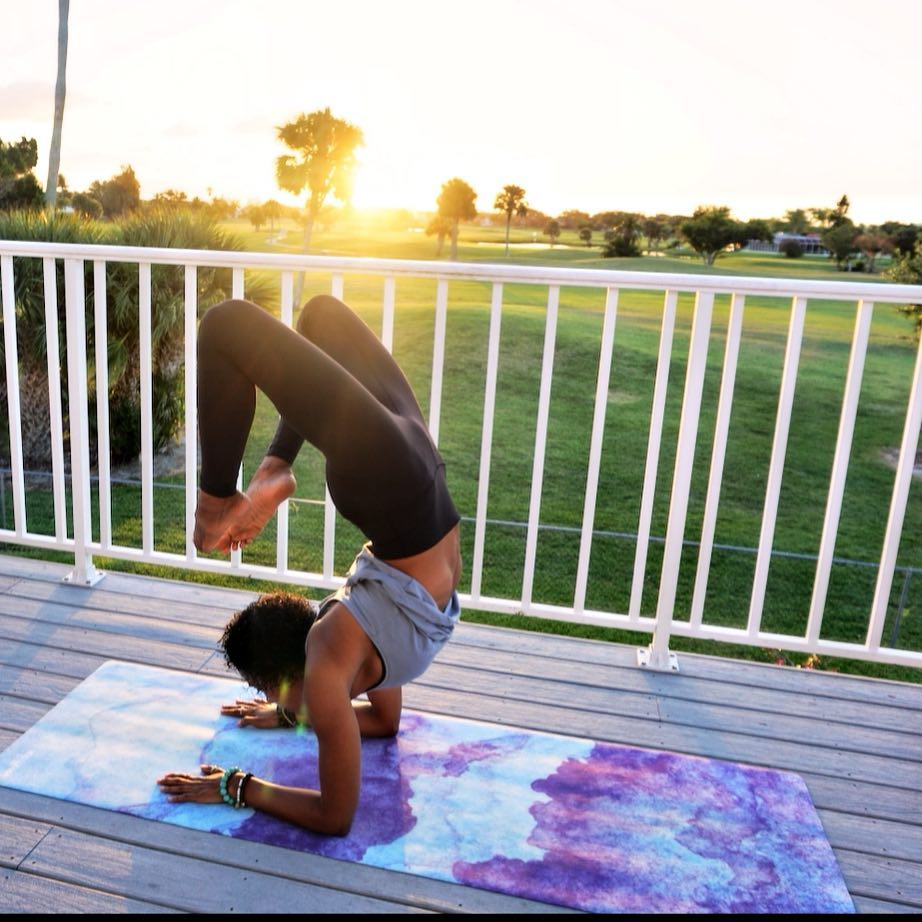
Benefits of Vrschikasana (Scorpion Pose):
- By practicing it, the body feels light after removing excess fat. So, it is a good posture to reduce fat from the whole body and thus fight obesity.
- Its practice increases blood circulation faster
- Regular exercise strengthens the back and shoulders muscles
- It helps to open the hips and expand the chest and shoulders
- Regular practice of this asana helps to purify the blood by increasing the heart rate
- It improves concentration potential by developing masculinity and thus our perception makes power stronger
- Increases the efficiency of the lungs
- The spinal cord strengthens and becomes flexible with regular practice of Vrschikasana
- Makes the skin shiny and stunning, sharpens eyes, fight hair loss, etc.
- Its regular practice develops tolerance in the person


